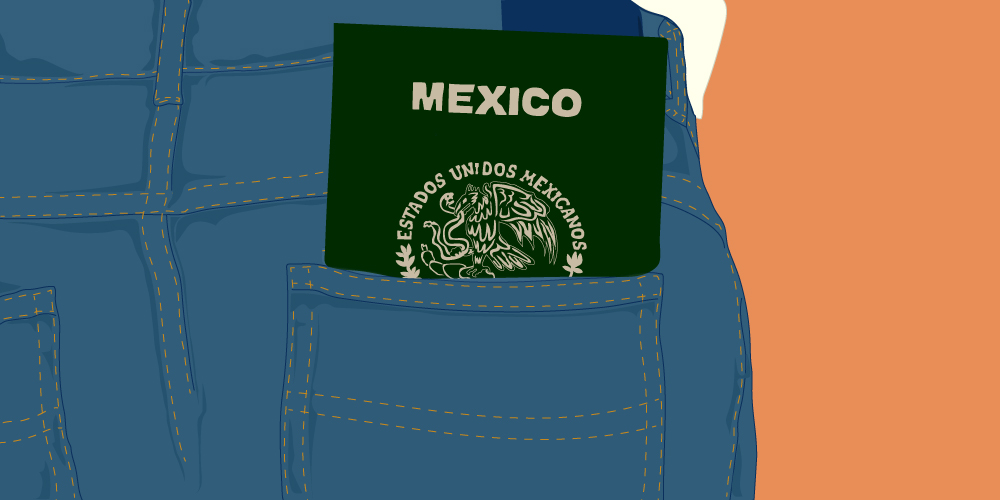Drug Violence in Mexico Increased Migration Flows to the United States
In 2006 the Mexican government launched an aggressive military campaign against drug trafficking organizations that sparked competition, fragmentation, and alliances among criminal organizations. The move led to instability and a staggering amount of violence. In a new study, Sandra Orozco-Aleman and Heriberto Gonzalez-Lozano analyze the effect of this increase in violence on the inflows of migrants from Mexico into the United States.
Violence imposes a social and economic burden on individuals and businesses, affecting individual’s incentives to migrate. Violence can also affect migration decisions through changes in migration costs. Orozco-Aleman and Gonzalez-Lozano asked: How well do we understand the role violence plays in the stressful decision to stay or go?
They considered two different types of violence: local violence where prospective migrants live and transit violence on the routes taken to the United States–Mexico border. The authors were able to use electoral cycles to predict violence because drug violence has been broadly associated with municipal elections— drug cartels have attempted to influence elections to make sure whoever is elected does not interfere with their criminal activities.
Their findings show that local violence increased migration, but violence on the route to the United States deterred individuals from migrating. Overall, data analysis showed that between 2007 and 2012, local and transit violence together had a positive effect on migration. Violence was responsible for a 1.53 percentage point increase in the migration rate from Mexico to the United States.
How are these results relevent today? According to the authors, “Violence in Mexico has not ceased. It’s crucial to identify how violence impacts migration decisions since Mexican workers represent an important share of the U.S. labor force.”
Read the full study in the Journal of Human Resources: “Drug Violence and Migration Flows: Lessons from the Mexican Drug War,” by Sandra Orozco-Aleman and Heriberto Gonzalez-Lozano.
***
Sandra Orozco-Aleman is an assistant professor of economics at the Department of Finance and Economics at Mississippi State University. Heriberto Gonzalez Lozano is a clinical assistant professor of economics at the Department of Finance and Economics at Mississippi State University.



